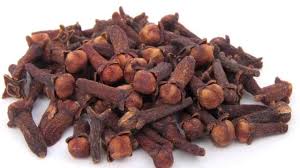SPICE OF THE WEEK - GINGER

SPICE OF THE WEEK GINGER Ginger is a flowering plant whose rhizome, ginger root or simply ginger is widely used as a spice or a folk medicine. It is originated from China. Ginger has a very long history of use in various forms of traditional or alternative medicine. It is loaded with nutrients and bio active compounds that have powerful benefits for your body and brain. The unique fragrance and flavor of ginger come from its natural oils, the most important of which is gingerol. Gingerol is the main bio active compound in ginger, responsible for much of its medicinal properties. It can be used fresh, dried, powdered or as an oil or juice, and is sometimes added to processed foods and cosmetics. HEALTH BENEFITS It has powerful anti inflammatory and antioxidant effects. It can treat many forms of nausea, especially morning sickness Reduces muscle pain and soreness Its anti inflammatory effects can help with osteoarthritis Helps to lower blood su...








